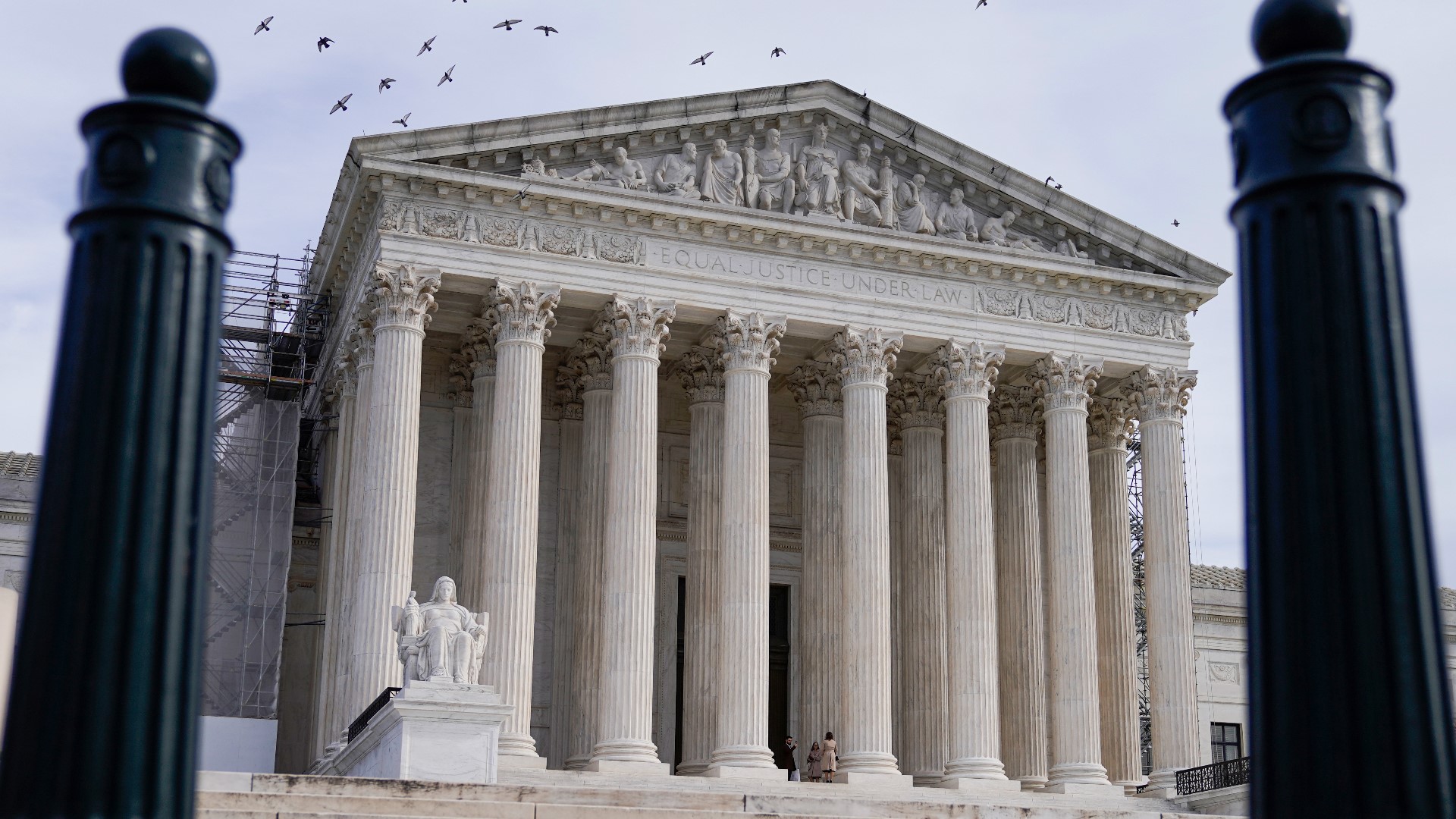PENNSYLVANIA, USA — In a unanimous decision, the Supreme Court ruled that the abortion drug, Mifepristone, can remain approved and easily accessible.
There could be many Supreme Court opinions coming out the next couple of weeks. But legal experts say the mifepristone opinion on Thursday could be an anomaly.
But how did we get here in the first place?
It goes all the way back to in 2016 and 2021, when the FDA decided to relax restrictions on getting the drug.
In March 2023, a lawsuit challenged the FDA's approval of the medication, shortly after the overturning of Roe v. Wade. The case, known as FDA v. Alliance for Hippocratic Medicine, had threatened to restrict access to Mifepristone across the country, including in states where abortion remains legal.
The Alliance for Hippocratic Medicine argued the relaxed restrictions were unreasonable and "jeopardized women's health across the nation."
The FDA argued this case could undermine the their drug approval process, essentially inviting judges to question the agency’s scientific judgements.
On Thursday, the nation's highest court ruled unanimously in favor of the FDA.
In the end, the decision wasn't based on access to the drug, abortion procedures or protecting women's health. Instead, It was about the legal standing for the lawsuit.
Justice Brett Kavanaugh wrote the majority opinion, stating, "under Article III of the Constitution, a plaintiff's desire to make a drug less available for others does not establish standing to sue. "
Legal experts say that the fight to restrict access to the drug is probably not over, but it may be difficult to swing.
“To do that, they will have to show that they were actually injured, in fact, more than they simply object to the use of mifepristone," said John E. Jones III, former federal judge and current president of Dickinson College. "I think that’s a pretty high bar. I think it’s going to be awfully difficult for a plaintiff or plaintiffs to come into court and find the injury in fact. Basically, if you’re a user or a prescriber of mifepristone, which is used for about two-thirds of the abortions in this country, you’re probably not going to follow suit."
This is one of many other important Supreme Court opinions that could come out in the next couple of weeks.
Jones says many will probably not have the same "unanimous fate" as this one. Usually, the decisions would be released during the court’s session, which ends on June 30. However, Jones says that he expects the Court to stay until July to release more of the rulings, because many of the opinions will probably be split.
These cases involve everything from guns to social media, and Jan. 6 convictions to Trump's immunity.
There is a possibility an opinion on one of the many cases could be released on Friday.

